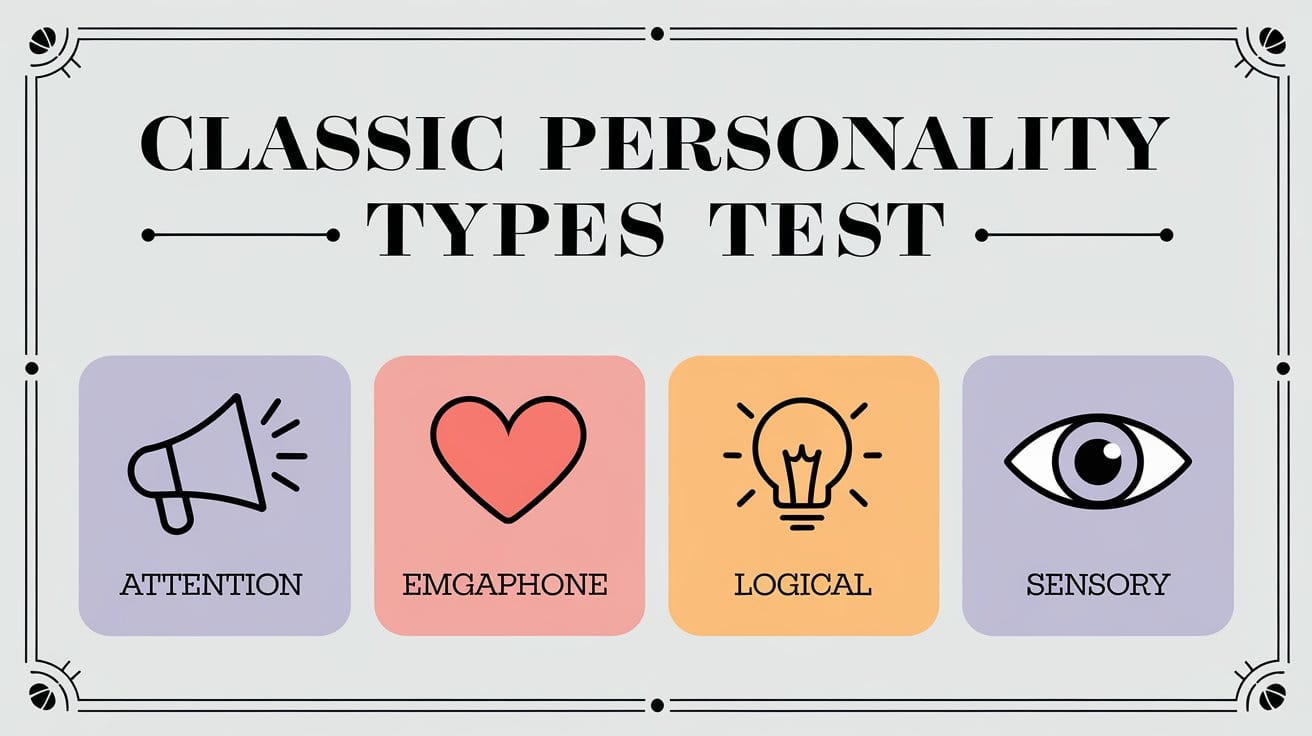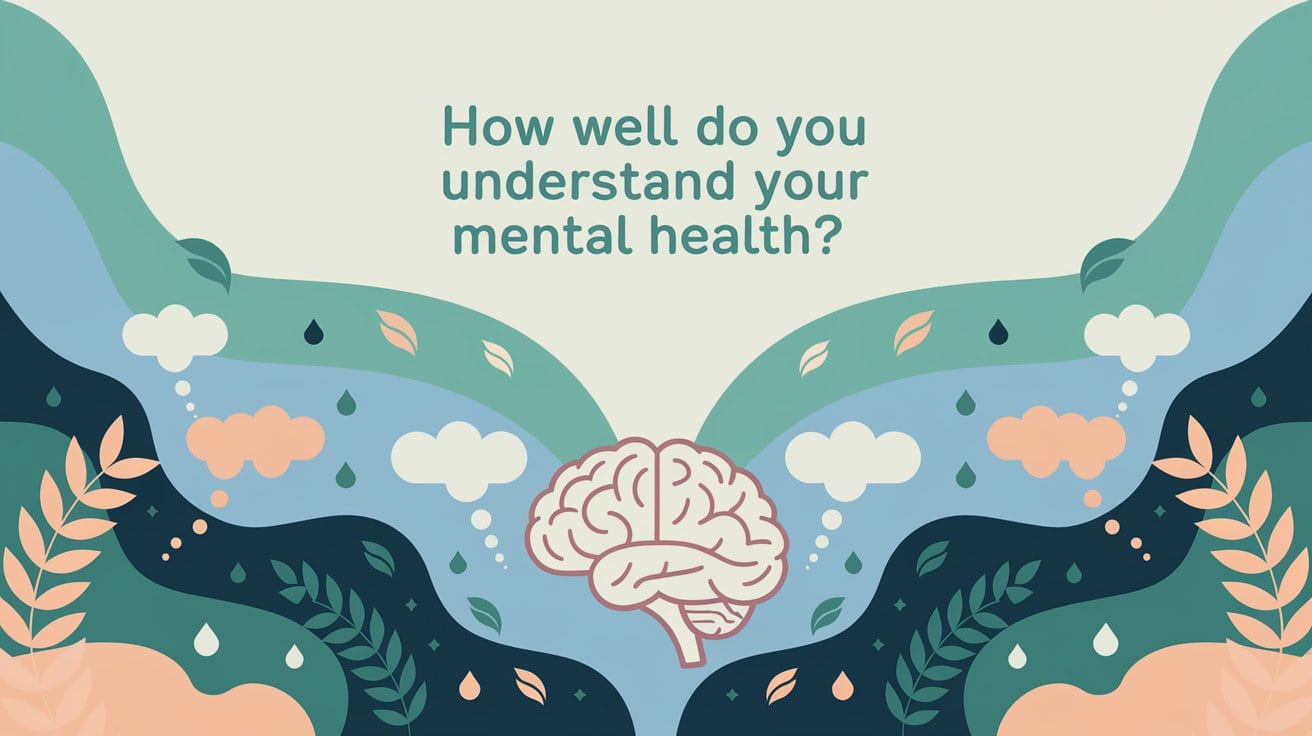How Resilient Are You Under Stress?
Stress is a constant in our lives, but the key to managing it effectively lies in how resilient you are under stress. Whether it’s work pressures, personal challenges, or unexpected life events, your ability to handle stress determines how well you navigate through tough situations. So, how resilient are you under stress? Take our test to gain deeper insights into your emotional and mental resilience in the face of stress.
What Does Resilience Mean and How Does It Relate to Stress?
How resilient you are under stress refers to your ability to bounce back from adversity and manage difficult situations without being overwhelmed. Resilience is not about avoiding stress but learning to handle it with composure. The more resilient you are, the better equipped you are to cope with stress in a healthy, balanced way. Recognizing how resilient you are under stress can empower you to build coping mechanisms that help you stay focused, calm, and productive under pressure.
Understanding your stress resilience is vital for improving your mental and emotional health. By increasing your resilience, you can reduce the harmful effects of stress and enhance your overall quality of life.
Why It’s Important to Know How Resilient You Are Under Stress?
When you know assess your stress resilience, you gain insight into your ability to manage life’s challenges. Resilience plays a pivotal role in mental well-being. It affects how we handle setbacks, manage difficult situations, and recover from adversity. Having a high level of resilience allows you to stay focused and find solutions, even when stress is overwhelming. On the other hand, low resilience can make stress harder to manage and negatively impact your health.
Knowing your stress resilience level helps you understand where you stand and take proactive steps to improve your emotional strength. This self-awareness is the first step toward boosting how resilient you are under stress.
Key Benefits of Being Resilient Under Stress
Enhancing how resilient you are under stress brings several advantages:
- Mental and Emotional Well-Being: Resilient individuals experience less anxiety, depression, and stress-related disorders. By improving how resilient you are under stress, you reduce the negative impact of stress on your mental health.
- Better Stress Management: When you’re resilient under stress, you’re better able to manage and reduce stress in a healthy way. This leads to increased productivity and more effective decision-making.
- Adaptability and Growth: Resilient individuals can adapt to new challenges and circumstances with ease. By building your stress resilience, you open yourself up to greater personal growth.
- Improved Problem-Solving Abilities: Resilience helps you approach stressful situations with clarity and calmness, which enhances your ability to think critically and solve problems more efficiently.
Assess Your Stress Resilience with the How Resilient Are You Under Stress Test
Our How Resilient Are You Under Stress? test is designed to provide insights into your resilience under various stress-inducing scenarios. This test will help you identify how well you handle pressure and adversity, offering valuable feedback on areas where you can improve your stress resilience. By answering the questions, you’ll gain a clearer understanding of how resilient you are under stress, which can guide you toward developing stronger coping strategies.
Interpreting Your Results: Understanding Your Resilience Level
Once you’ve completed the How Resilient Are You Under Stress? test, your results will give you a snapshot of your resilience level:
- High Resilience: You handle stress with composure, remain calm under pressure, and recover quickly from setbacks. Your high resilience allows you to maintain a positive outlook and stay focused on solutions.
- Moderate Resilience: You manage stress fairly well, but there are times when it can feel overwhelming. With the right strategies, you can further enhance your stress resilience.
- Low Resilience: Stress tends to affect you more deeply, and it may take longer for you to bounce back. Developing stronger coping mechanisms can help you improve your resilience over time.
Tips to Build and Strengthen How Resilient You Are Under Stress
No matter where you fall on the resilience scale, there are always ways to improve how resilient you are under stress:
- Develop Healthy Coping Mechanisms: Practice mindfulness, deep breathing, and other relaxation techniques to stay calm during stressful moments. By incorporating these habits into your routine, you can boost your stress resilience.
- Create a Support System: Surround yourself with positive, supportive people who can offer encouragement during tough times. Building a reliable support network is crucial for increasing assess your stress resilience.
- Take Care of Your Body: Regular physical activity, healthy eating, and adequate rest are essential for mental resilience. Prioritize self-care to build your stress management skills.
- Shift Your Perspective: View challenges as opportunities for growth. By changing how you perceive stress, you can increase assess your stress resilience and tackle difficult situations with confidence.
- Seek Professional Support: If you find yourself struggling to cope with stress, seeking help from a counselor or therapist can provide you with the tools and techniques needed to enhance your resilience.
Start Building Your Resilience Today and Improve How Resilient You Are Under Stress
Understanding assess your stress resilience is a crucial first step in mastering stress management. The How Resilient Are You Under Stress? test can help you identify your resilience level and guide you on your journey to becoming more emotionally and mentally strong. No matter where you fall on the spectrum, remember that resilience is a skill that can be developed. By taking action and working on building your stress resilience, you can face life’s challenges with greater ease and strength. Start today and improve your ability to handle stress with confidence!




Post Comment